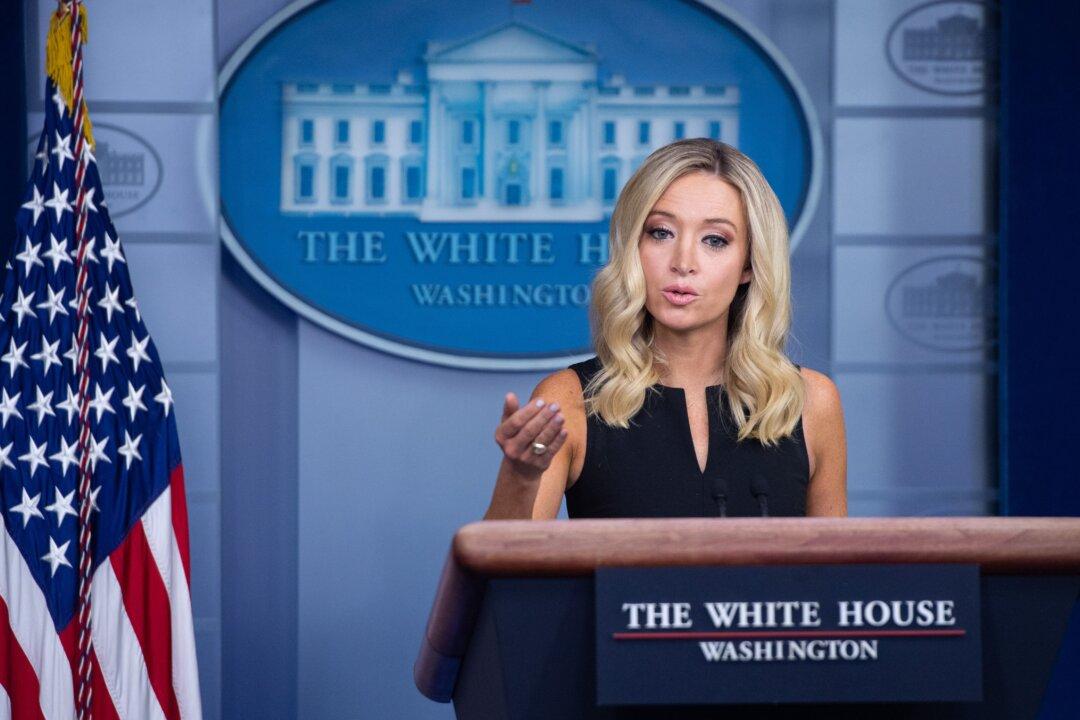WASHINGTON—Republicans and Democrats have been in a stalemate since July over the size and scope of the next pandemic stimulus package, and now, Wall Street is concerned that the current fight over confirming a replacement for Justice Ruth Bader Ginsburg will diminish prospects for reaching a deal prior to the November election.
Testifying before the House Financial Services Committee on Sept. 22, Treasury Secretary Steven Mnuchin said that while the economy is recovering, “some industries particularly hard hit by the pandemic require additional relief.”





